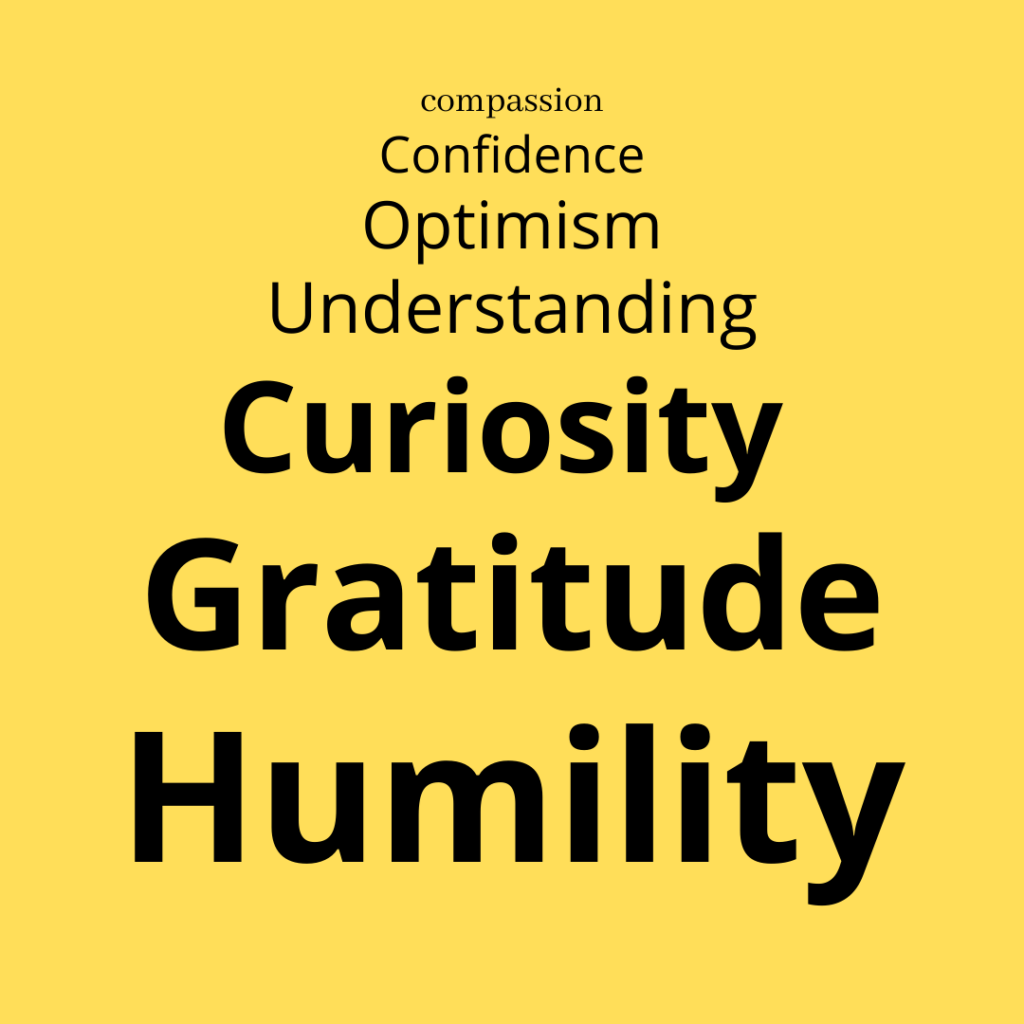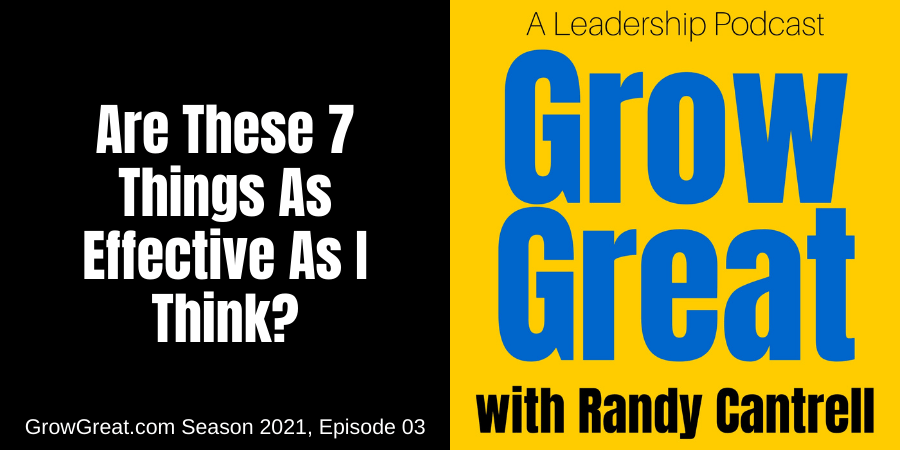Podcast: Play in new window | Download (Duration: 22:03 — 20.2MB)
Subscribe: Apple Podcasts | Spotify | RSS | More
I’m a solopreneur. In 1994 I read my first book (I think) about being a one-person business. It was a book by Terri Lonier entitled, Working Solo. I’m not even sure why I bought the book because I was leading a fairly sized company at the time. Working solo wasn’t even on my radar. At least consciously. Maybe I wondered what it might be like to not have employees. But for some reason, I bought the book, read it, and kept it. I still have it. In fact, thanks to Linkedin I connected with Terri recently after telling her about reading her book when it was first published. Today, she’s focused on innovation.
Here we are about 27 years later and I am working solo. In fact, I’ve been working solo for the past 12 years. As with most things, extended experience can alter your point-of-view. Not that I had very many preconceived ideas about it because I honestly didn’t know what to expect. Before going solo my entire career had been spent being part of a team, an organization. Forming, developing, and maintaining high-performing teams was something I’d done for years. Maybe that’s why working solo seemed tempting. No employees. No organization, at least as far as people were concerned. No assets (’cause I was focused on a professional services business model, which began as “roll-your-sleeves-up, get-your-hands-dirty” consulting, and thankfully it naturally morphed into coaching).
But it turns out “working solo” isn’t quite literally working solo. It takes a village and all that. Yes, it can be lonely. Incredibly so. The pandemic has shown lots of people how lonely it is to work solo, even if you’re digitally connected via Zoom. But true working solo is different because you have no cohorts. No actual teammates.
Instead, you have comrades, strategic partners, friends, collaborators, and others who have to fill in to be your support system. This brings me to the conversation which sparked today’s show.
I’m asked about working solo and what is required to pull it off. I jokingly tell my questioner, “I’m still not sure I am pulling it off, but I’m trying.” 😉
It was a good question and one I hadn’t spent much time considering. Well, that’s an understatement – or maybe overstatement. I’ve given it NO thought.
Here’s the good thing about growing older. You’ve got a fair amount of experience and know-how from which to draw. And those of us who are reasonably good on our feet can leverage that to come up with answers. And sometimes – just sometimes, mind you – our answers can be pretty solid. Yes, we often stand amazed at our own prowess, we older folks! 😀
I snapped to attention at the question and said I could think of 4 things off the top of my head (I meant that literally) that were likely required. And I was not claiming to have mastered one of them, much less all four. But I confessed I’m trying very hard. Still. After a dozen years.
I replied to my inquisitive guest that I could think of these four things and I think they belong in this order.
Humility.
Gratitude.
Optimism.
Confidence.
Let me explain.
Humility has more components than I’m able to name, but I know it’s vital to our ability to improve and increase our understanding. People who lack humility need no help, no advice, and no support. They only need minions. They have all the answers. They just need people who will acknowledge their prowess and say, “Thank you, sir. May I have another!”
I began with humility because from it stem so many positive things. And without it, there are countless negative things!
If there is one single character trait that ruins higher human performance it has to be arrogance, or whatever your favorite term is for a lack of humility.
Gratitude follows because hubris prevents it while humility fosters it. When we look at ourselves and all the circumstances of our lives with humility we’re compelled to focus on the many things for which we ought to be thankful.
For an exercise, try listing all the things for which you’re thankful. When you think you’ve exhausted the list…keep going! See how long you can make your list.
Optimism is fueled, in part, by gratitude. I mean, when you count your blessings and understand how benefited you are, how can you not be optimistic?
Whenever I encounter a challenger to my optimism I often ask, “What’s the downside?” Mostly, people have no answer. Sometimes I’ll run into a smart aleck who’ll say, “You’ll be more disappointed.” To which I counter, “Well, you’re gonna be disappointed anyway!”
There is no downside to optimism. But until or unless you can embrace humility and gratitude, you’ll never be optimistic. Look at anybody who is a victim, or devoted to a “woe-is-me” life. These poor folks wrap themselves up in pessimism day after day. What a miserable life!
By this point, there’s no reason to not be confident about your ability to persevere, endure, or overcome.
Confidence is the missing ingredient for so many people who might otherwise grow great. Every week I encounter leaders, people who have achieved some success, who struggle with belief or confidence. Privately, they question themselves. They make declarations, “This won’t work.” If I didn’t see it firsthand regularly for the past dozen years I’d have a difficult time believing it. But we all have our struggles with it.
In my life, if I find myself challenged to be as confident as maybe I should…I can trace it all the way back to the beginning, humility. Or gratitude. Or optimism. And trying to shortcut it has never worked for me. That’s what we do whenever we try to front – pretend to be something we’re not. It’s what you see whenever you encounter some cocky, arrogant person.
Maybe you can fake it ’til you make it, but that seems pointless. Why not just be the real thing? Why not genuinely be humble, thankful, optimistic, and confident?
Can you imagine how impactful these 4 elements, put together in this order, might be for your life? When we think about the recipes for higher human performance, this has to be one of the better ones. I’d add two other components: curiosity and understanding. Whether the list is 4 or 6, all the others hinge on the foundation of just one. HUMILITY.
So maybe 6 is the ideal number, not 4. Maybe it should look something like this instead.

This list makes sense to me because our curiosity – the quest to seek understanding – is absolutely driven by humility. Leaders who think they’ve got all the answers lack any curiosity. They’re the smartest person in the room. Every room. Their hubris prevents them from being curious, which in turn, stymies their understanding. No matter. They think they understand and for them, that’s all that matters.
But before I wrap it up let’s insert the 7th component. It’s the one at the top of the pyramid. I intentionally put it there because the foundation may be among the toughest ones to create in our lives. And certainly one of the hardest to maintain. The cherry on top, the pinnacle of it all is equally difficult and never happens without intention, or understanding. It’s the one most lacking in our society, likely because the others are also missing.
Compassion.
Literally, it means “to suffer together.” It differs from empathy because compassion drives us to help. It compels us to take action beyond merely feeling whatever we’re feeling.
That’s important to the conversation because each of these 7 isn’t just words or components. They’re actions. You may be predisposed toward some of these, but if you’re going to incorporate all of them into your life — you’re going to have to work at it. You’ll have to intentional. Every day you’re going to have to think about them and do them. They can become good habits, but they’ll quickly slip the second you take them for granted. The good news is you can begin right now. The bad news is you can’t stop. Not if you want to be the most effective human possible.
Do you agree? Would you put them in a different order? Would you omit something? Did I leave something out? Hit me up on social media with your ideas or insights.
Be well. Do good. Grow great!

 About the hosts: Randy Cantrell brings over 4 decades of experience as a business leader and organization builder. Lisa Norris brings almost 3 decades of experience in HR and all things "people." Their shared passion for leadership and developing high-performing cultures provoked them to focus the Grow Great podcast on city government leadership.
About the hosts: Randy Cantrell brings over 4 decades of experience as a business leader and organization builder. Lisa Norris brings almost 3 decades of experience in HR and all things "people." Their shared passion for leadership and developing high-performing cultures provoked them to focus the Grow Great podcast on city government leadership.
The work is about achieving unprecedented success through accelerated learning in helping leaders and executives "figure it out."
